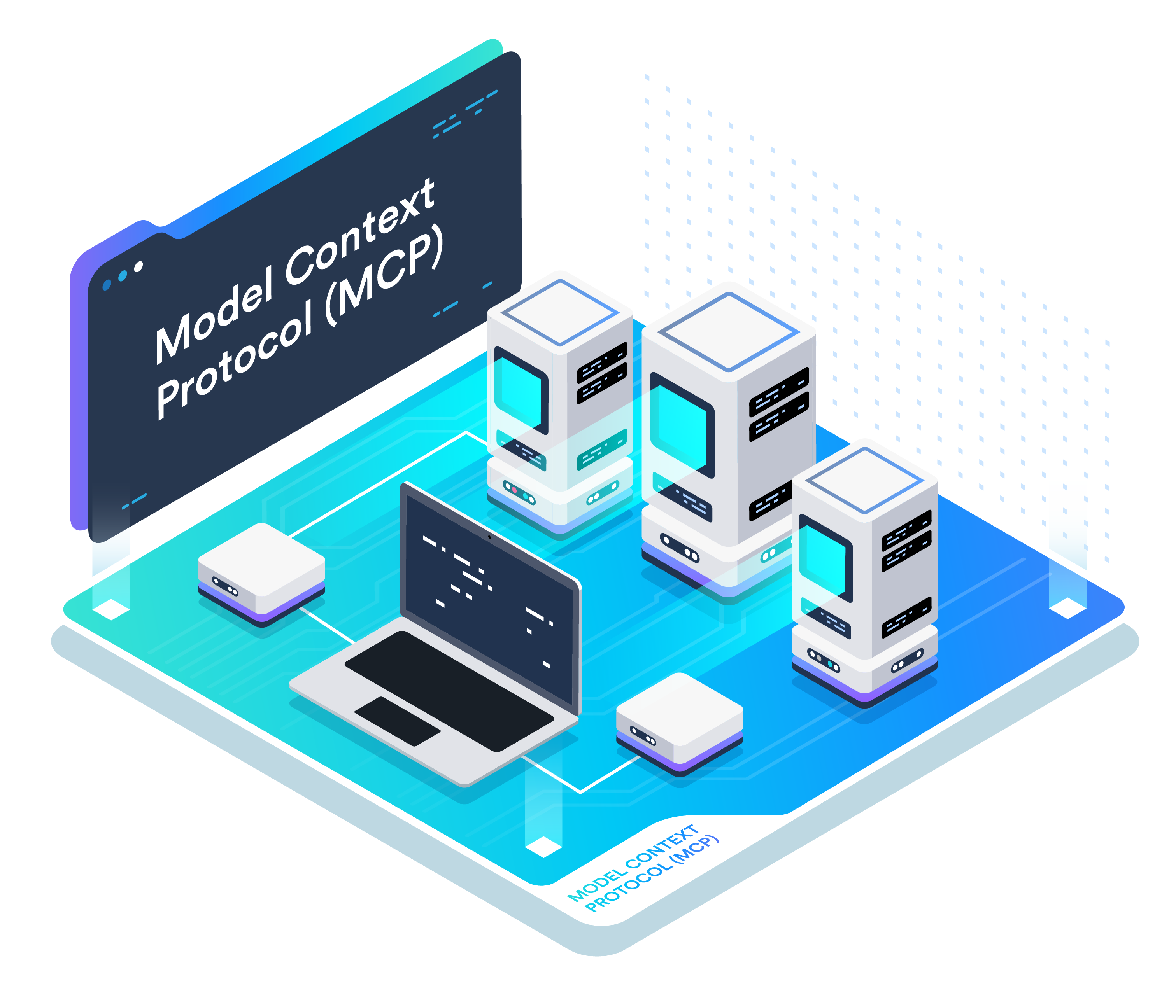What you’ll learn
Our students work at..







Description
This hands-on course introduces learners to the Model Context Protocol (MCP), a foundational technology for orchestrating context, tools, and automation between models, resources, and real-world workflows. Whether you’re an AI practitioner, a developer building integrations, or an engineer automating processes, this course will give you the practical skills to build, extend, and operate MCP-powered systems using modern languages and tools.
Pre-requisites
This section introduces the basics of MCP, highlighting its significance and real-world applications. Students gain familiarity with the key components—tools, resources, and prompts—and receive hands-on guidance on running MCP tools and building a basic MCP server.
Core Concepts
Core concepts focus on MCP server architecture and implementation, especially with NodeJS. Students explore the differences between HTTP and STDIO connections and learn to apply essential security practices, including permission management, isolation, and logging for robust deployments.
AI Integration
The AI integration module teaches how to connect MCP with AI models like Claude, creating automated, intelligent workflows. Learners will design integrations featuring effective prompt engineering, tool orchestration, and workflow optimization, ensuring reliable and responsive automation.
Target Audience
- Developers and engineers working on automation and workflow integration
- DevOps professionals seeking secure tool orchestration
- AI practitioners leveraging prompt automation
- Technical leads building scalable automated workflows
What our students say

About the instructor
Jeremy Morgan is a Senior Training Architect with endless enthusiasm for learning and sharing knowledge. Since transitioning from an engineering practitioner to an instructor in 2019, he has been dedicated to helping others excel. Passionate about DevOps, Linux, Machine Learning, and Generative AI, Jeremy actively shares his expertise through videos, articles, talks, and his tech blog, which attracts 9,000 daily readers. His work has been featured on Lifehacker, Wired, Hacker News, and Reddit.
.svg)


.svg)
.svg)


.png)





